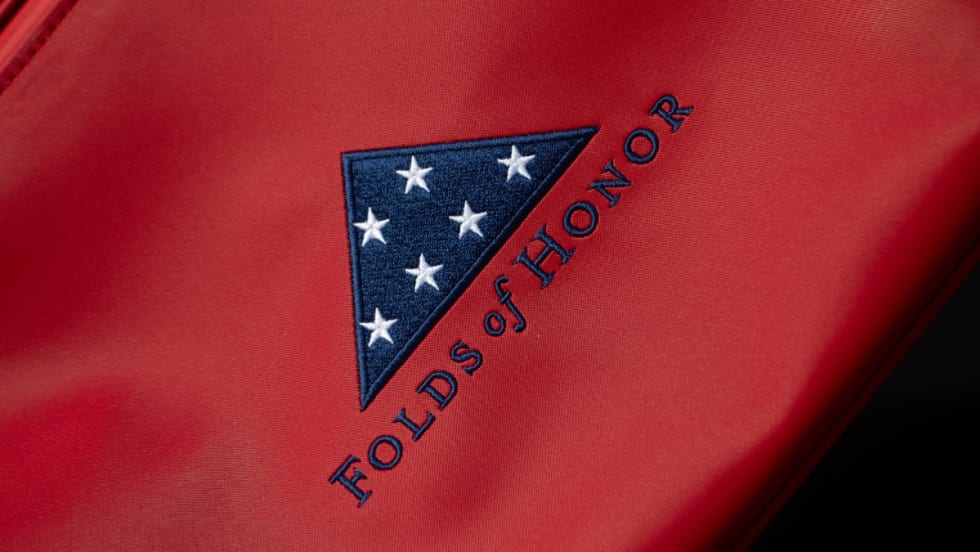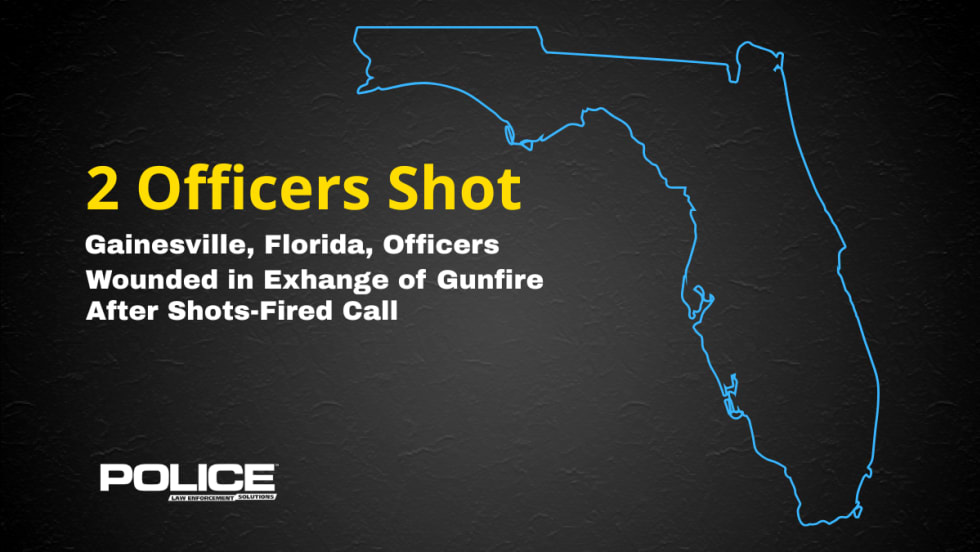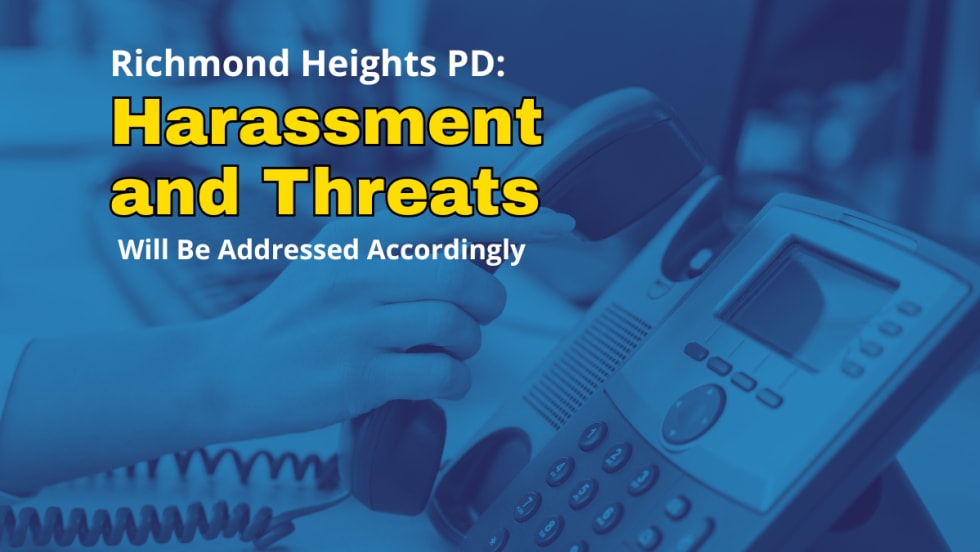Police work has always been hard. Today police say it is even harder. In a new Pew Research Center survey conducted by the National Police Research Platform, majorities of police officers say that recent high-profile fatal encounters between black citizens and police have made their jobs riskier, aggravated tensions between police and blacks, and left many officers reluctant to fully carry out some of their duties.
Overall, 86% say police work is harder today as a result of these high-profile incidents. About nine-in-ten say their colleagues are more concerned about their safety, while 72% say they have become more reluctant to stop and question people who seem suspicious.
The wide-ranging survey, conducted with a nationally representative sample of nearly 8,000 police officers from departments with at least 100 officers, finds that officers remain deeply skeptical of the protests that followed fatal encounters between police and blacks. Fully two-thirds of police (68%) say the demonstrations are motivated to a great extent by anti-police bias; only 10% in a separate question say protesters are similarly motivated by a genuine desire to hold police accountable for their actions. Among black officers, fully 69% say the protests were motivated at least somewhat by a genuine desire to hold police accountable – more than double the proportion of white officers (27%) who share this view.
Overall, 67% of officers characterize the fatal encounters that prompted the demonstrations as isolated incidents and not signs of broader problems between police and the black community – a view that stands in sharp contrast with the assessment of the general public. In a separate Pew Research Center survey of U.S. adults, 60% say these incidents are symptoms of a deeper problem.
The survey captured the duality of police work on several dimensions. A majority of police (58%) say their work as a law enforcement officer nearly always or often makes them feel proud. But nearly the same share (51%) say their work often makes them feel frustrated. A large majority (79%) say they have been thanked by someone for their police service in the past month, and almost as many (67%) say they have been verbally abused by a member of their community while on duty during that same time period. And when asked whether they view themselves more as protectors or enforcers, roughly six-in-ten police officers (62%) say they fill both of these roles equally.
Among the other findings:
Risks and challenges: The vast majority of police (84%) say they worry about their safety at least some of the time, and roughly the same share (86%) say they don't think the public understands the risks and challenges they face on the job. For their part, the large majority of American adults (83%) say they do understand the risks law enforcement officers face.
Views of their departments: Most police officers are satisfied with their department as a place to work (74%). At the same time, officers are divided on whether the disciplinary process in their department is fair, and a majority (72%) does not feel that officers who are consistently doing a poor job are held accountable. Fully 86% say their department does not have enough officers to adequately police their community.
Views of the citizens they serve: Most police officers feel respected by the public and believe officers have little reason to distrust most people. Seven-in-ten officers say that some or most of the residents of the areas they patrol share their values. At the same time, a narrow majority of officers (56%) believe an aggressive rather than courteous approach is more effective in certain neighborhoods, and 44% agree that, "Some people can only be brought to reason the hard, physical way."
Race relations: While substantial majorities of officers say police have an excellent or good relationship with whites (91%), Hispanics (70%) and Asians (88%) in their communities, a smaller majority (56%) says the same about police relations with blacks. A consistently smaller share of black officers than their white or Hispanic colleagues say the police have a positive relationship with minorities in their communities. And when the topic turns more broadly to the state of race relations, virtually all white officers (92%) but only 29% of their black colleagues say that the country has made the changes needed to assure equal rights for blacks. Views of white officers also stand apart from those of whites overall: 57% of all white adults say no more changes are needed.
Training and reforms: A majority of officers (66%), and an even larger share of the public (93%), favor the use of body cameras by police officers. Police see relatively fewer benefits than the public does from the use of body cameras. About half of rank-and-file officers say they have had at least four hours of firearms training involving shoot-don't shoot scenarios (53%) and nonlethal methods to control a combative or threatening individual (50%) in the past 12 months.
These findings come from two separate Pew Research Center surveys. The main survey is an online poll of a nationally representative sample of 7,917 officers working in 54 police and sheriff's departments with 100 or more sworn officers. (Some 63% of all sworn officers work in departments of this size.) The National Police Research Platform, headquartered at the University of Illinois at Chicago during the study period and now based at the Police Foundation in Washington, D.C., conducted the survey of police for the Pew Research Center May 19-Aug. 14, 2016, using its panel of police agencies. The views of the public included in this report drew from a Pew Research Center American Trends Panel survey of 4,538 U.S. adults conducted online and by mail Aug. 16-Sept. 12, 2016. See the methodology section for more details.
Read the report:https://www.pewresearch.org/social-trends/2017/01/11/behind-the-badge/











